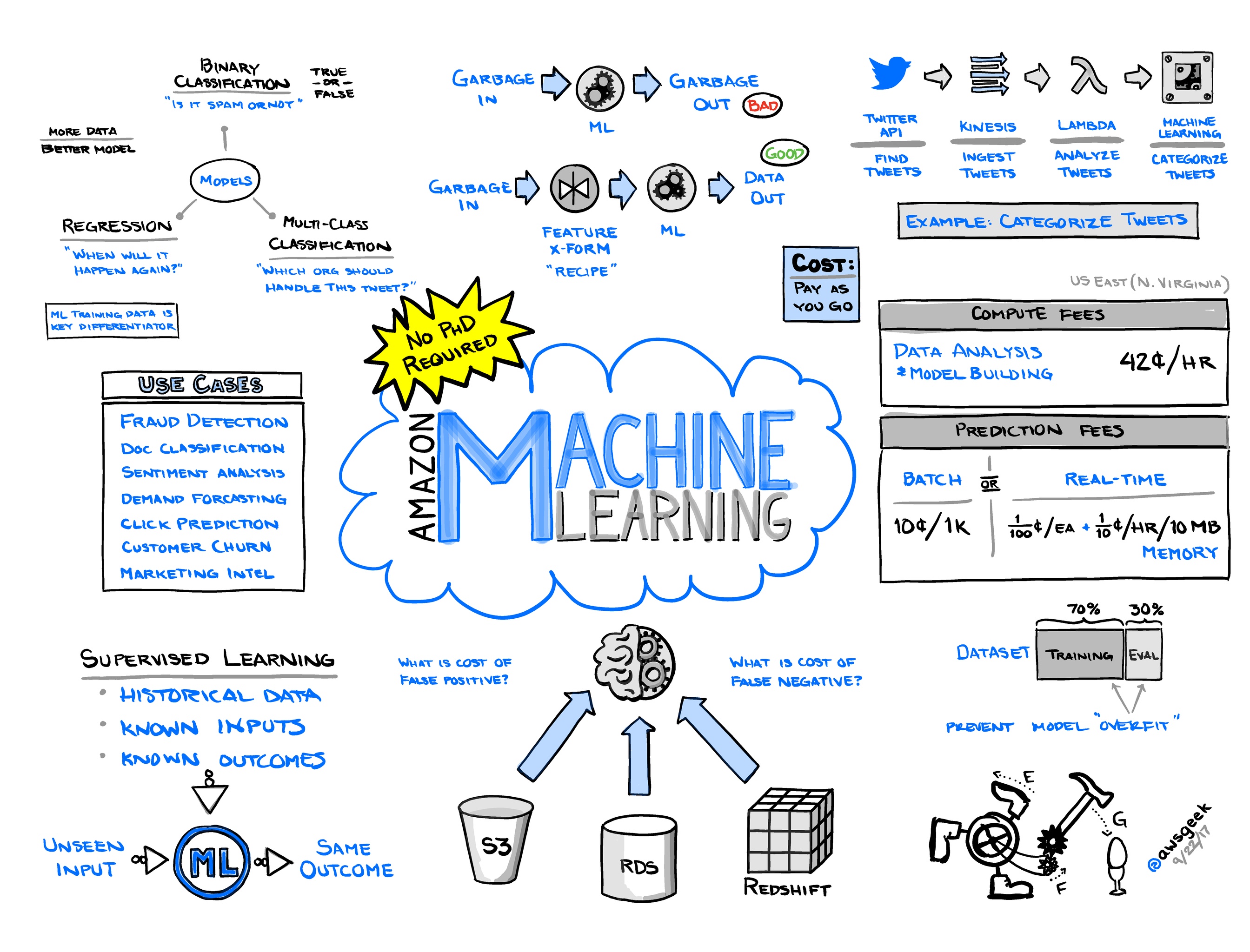
Amazon Machine Learning (AML) is a pivotal offering within Amazon Web Services (AWS), enabling developers and IT administrators to easily incorporate machine learning into their applications without an extensive background in data science. AML provides tools to build, train, and deploy machine learning models at scale. Its integration with other AWS products facilitates a seamless workflow for deploying robust machine learning solutions. This article will delve into several aspects of Amazon Machine Learning, including its use cases, pricing, scalability, availability, and security, and will also briefly touch on its competition within the cloud industry.
Use Cases
Amazon Machine Learning is versatile, supporting a multitude of use cases across different domains. One primary use case is predictive analytics, where businesses can predict future outcomes based on historical data. For instance, AML can be used to forecast demand, manage inventories, or personalize customer experiences. In the realm of anomaly detection, AML is adept at identifying unusual patterns in data, thereby aiding in fraud detection and network security applications. Natural language processing is another area where AML excels, with capabilities to extract meaning and insights from textual data, enabling applications like sentiment analysis and automatic translation. Developers often use AML in computer vision, deploying models that can understand and interpret visual data, which is highly applicable in quality control and surveillance systems within industries.
Pricing
Amazon Machine Learning pricing is primarily usage-based, focusing on the compute power utilized for creating, training, and deploying machine learning models. Users pay for the computational resources consumed during model training and inference. Additionally, storage costs are incurred for persisting the resulting models and any other datasets. AWS provides a pricing calculator to assist users in estimating potential costs based on their specific needs. While the service does not require upfront investments, users should perform capacity planning and cost analysis to maintain budgetary efficiency.
Scalability
Scalability is a hallmark of Amazon Machine Learning. The service supports virtually limitless data processing capacity, allowing organizations to train models with enormous datasets. AML benefits from AWS's overall scalability, meaning increased workloads can be accommodated with dynamic allocation of additional resources when needed. It allows for auto-scaling features that adjust compute resources automatically based on the demand, making it a robust choice for growing businesses with fluctuating workloads.
Availability
AWS operates under a framework that ensures high availability and reliability of its services. Amazon Machine Learning runs within AWS’s global infrastructure, offering data centers across multiple geographic regions to minimize latency and optimize user experience. The redundant architecture promotes fault tolerance, and service-level agreements ensure that AML remains operational with minimal disruptions.
Security
Security within Amazon Machine Learning is anchored by AWS’s broad range of security features. AML leverages AWS Identity and Access Management (IAM), allowing fine-grained control over user permissions and resource allocation. Data protection is paramount; therefore, data in transit and at rest can be encrypted using AWS Key Management Service (KMS). Auditing and monitoring of AML activities are facilitated via AWS CloudTrail, enabling users to track changes and access patterns, which helps in maintaining compliance and safeguarding against unauthorized access.
Competition
In the competitive landscape of cloud-based machine learning services, various providers offer alternatives to Amazon Machine Learning. Microsoft Azure's Azure Machine Learning empowers users to build simple or complex machine learning models via a web-based interface or SDKs. It features automated machine learning and an experiment tracking system, adding value for both beginners and advanced users. Google Cloud provides TensorFlow and AI Platform, a comprehensive set of tools for developing AI solutions, widely popular for leveraging open-source TensorFlow for model development. Google offers pre-trained models and custom training services, enhancing accessibility to AI capabilities. Lastly, Alibaba Cloud offers Machine Learning Platform for AI, which simplifies AI development through drag-and-drop components and integration with big data solutions, making machine learning accessible to businesses of all sizes.
For professionals keen on incorporating machine learning within their organization, Amazon Machine Learning offers a potent combination of ease of use, flexibility, and integration within the AWS ecosystem. Its comprehensive suite of features ensures that developers and IT administrators can deploy machine learning models effectively while navigating competition and maintaining a stronghold on cost, scalability, and security.
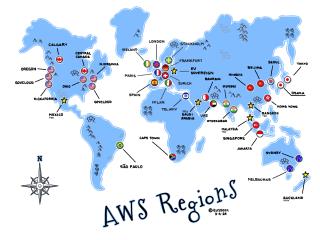 AWS Regions
AWS Regions
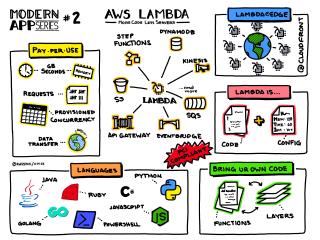 AWS Lambda
AWS Lambda
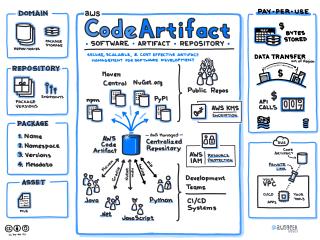 AWS CodeArtifact
AWS CodeArtifact
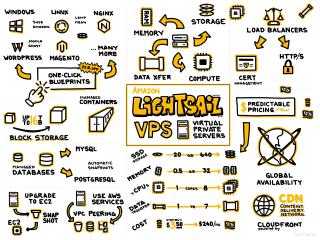 Amazon Lightsail
Amazon Lightsail